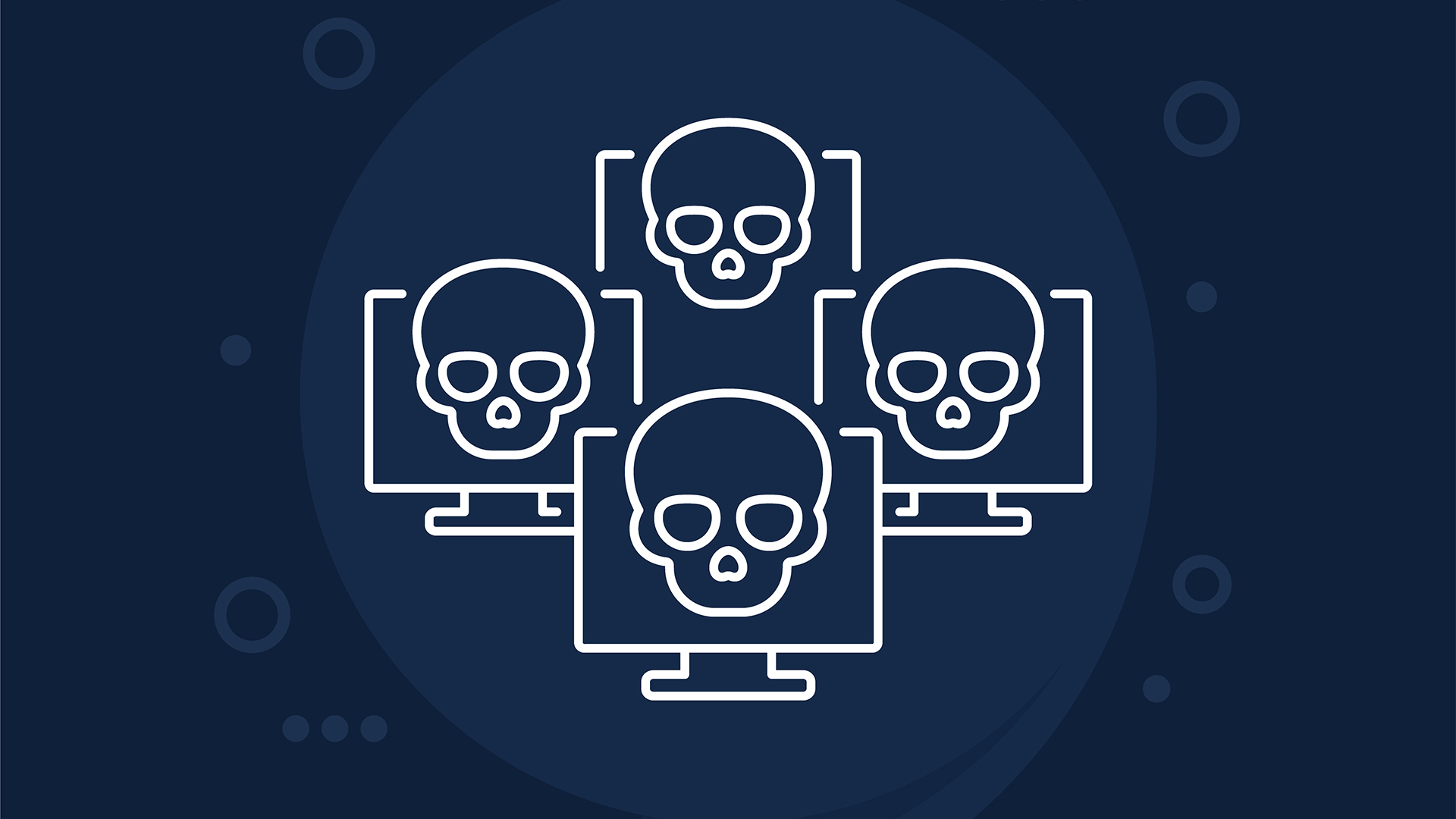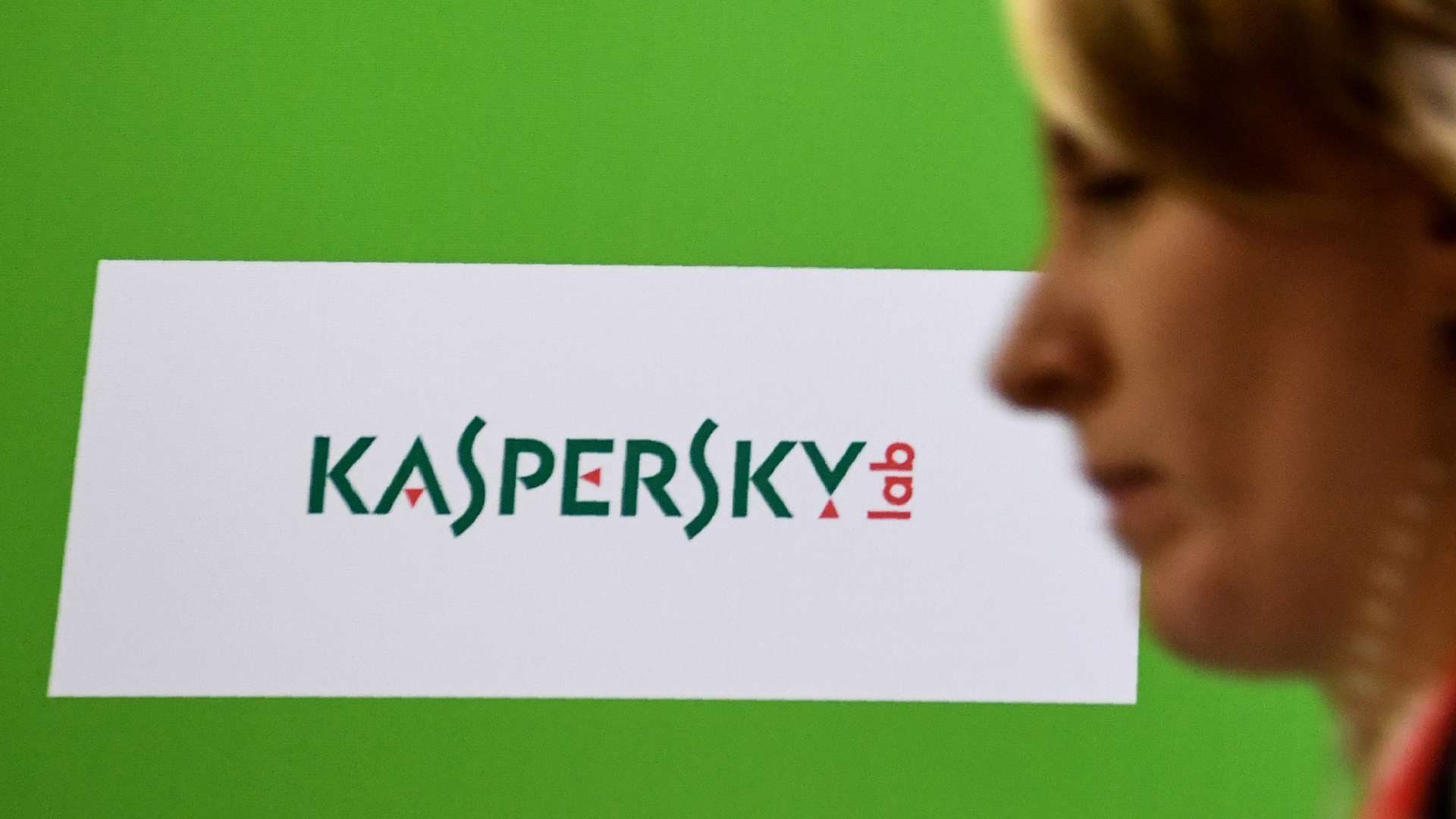Almost half of US organizations still using Kaspersky, researchers claim
A ban was introduced due to Kaspersky’s supposed links to the Russian government


Almost half (40%) of US organizations are still using Kaspersky software despite a ban enacted in the summer, new research from Bitsight has revealed.
Though the ban went into effect months ago, active use of Kaspersky products remains high, with more than 1,000 US organizations observed to be connecting to Kaspersky servers post-ban.
Bitsight said only 58% of US organizations observed using Kaspersky products appear to have eliminated their usage of the cybersecurity platform.
Strikingly, given this ban came from the governmental level, Bitsight’s research revealed 19 government agencies in the US were observed to be communicating with Kaspersky update servers as of November 2024.
Bitsight said its research is based on observing connections and communications between global IP addresses associated with specific organizations and Kaspersky update servers.
The firm acknowledged its research may have also captured traffic being used to perform security research or intelligence collection.
Though the US introduced the ban, it has not seen as restrictive a move as in other countries. According to Bitsight’s analysis, the US is the country with the largest number of organizations using Kaspersky.
Get the ITPro daily newsletter
Sign up today and you will receive a free copy of our Future Focus 2025 report - the leading guidance on AI, cybersecurity and other IT challenges as per 700+ senior executives
By comparison, global usage of Kaspersky has seen a dramatic decrease in organizations operating in countries that do not have formal bans on Kaspersky technology.
Between April and November 2024, the number of global organizations communicating with Kaspersky dropped from 22,000 firms and 7 million unique IP addresses to 8,000 firms and 2 million unique IP addresses.
Inside the Kasperky ban
The US government originally banned Kaspersky based on supposed links to the Russian government. Lawmakers claimed use of the software could be a risk to national security as it could be used to steal corporate data or install malware.
Fear of Kaspersky had been long-running before the ban, with tensions surging after Russia’s invasion of Ukraine and the US, UK, and Germany all issuing warnings about the software.
Kaspersky has not kept quiet. A statement from Kaspersky following the ban insisted that allegations of ties to the Russian government are false, and that the ban decision is politically motivated.
“Kaspersky believes that the Department of Commerce made its decision based on the present geopolitical climate and theoretical concerns, rather than on a comprehensive evaluation of the integrity of Kaspersky’s products and services,” the firm said.
About a month after news of the ban emerged, it announced that it would be shutting down its operations in the US.

George Fitzmaurice is a former Staff Writer at ITPro and ChannelPro, with a particular interest in AI regulation, data legislation, and market development. After graduating from the University of Oxford with a degree in English Language and Literature, he undertook an internship at the New Statesman before starting at ITPro. Outside of the office, George is both an aspiring musician and an avid reader.
-
 Bigger salaries, more burnout: Is the CISO role in crisis?
Bigger salaries, more burnout: Is the CISO role in crisis?In-depth CISOs are more stressed than ever before – but why is this and what can be done?
By Kate O'Flaherty Published
-
 Cheap cyber crime kits can be bought on the dark web for less than $25
Cheap cyber crime kits can be bought on the dark web for less than $25News Research from NordVPN shows phishing kits are now widely available on the dark web and via messaging apps like Telegram, and are often selling for less than $25.
By Emma Woollacott Published
-
 Enterprises are struggling to fill senior cybersecurity roles — and it's causing staff burnout to skyrocket
Enterprises are struggling to fill senior cybersecurity roles — and it's causing staff burnout to skyrocketNews Many senior roles take months to fill, creating cumbersome workloads for mid-level staff and increased burnout
By Emma Woollacott Published
-
 Kaspersky to shut down US division ahead of sales ban
Kaspersky to shut down US division ahead of sales banNews The Russian security company will exit the US and cut staff ahead of a government-imposed sales ban
By Nicole Kobie Published
-
 Botnets are being sold on the dark web for as little as $99
Botnets are being sold on the dark web for as little as $99News More than 20 offers for botnets for hire or sale have been discovered on dark web forums and Telegram channels this year
By Emma Woollacott Published
-
 Small businesses face continued security threats as trojan attacks surge
Small businesses face continued security threats as trojan attacks surgeNews Cyber attacks on small businesses are still growing at a steady pace
By Emma Woollacott Published
-
 Most passwords take a matter of minutes to crack – here’s how you can create strong, hacker-resistant credentials
Most passwords take a matter of minutes to crack – here’s how you can create strong, hacker-resistant credentialsNews Passwords are still criminally insecure and can be cracked or guessed by hackers with ease, but what precautions can you take to avoid getting breached?
By Solomon Klappholz Published
-
 Kaspersky hits back at US software ban, citing political motivations and “theoretical concerns”
Kaspersky hits back at US software ban, citing political motivations and “theoretical concerns”News Kaspersky said it has “repeatedly demonstrated" its independence from any government interference
By Ross Kelly Published
-
 US poised to ban sales of Kaspersky software – reports
US poised to ban sales of Kaspersky software – reportsNews Kaspersky has long denied any links to the Russian government
By Ross Kelly Published
-
 Human errors still a leading cause of cyber incidents, says Kaspersky
Human errors still a leading cause of cyber incidents, says KasperskyNews The worst-affected industries are government, IT firms, and the financial and industrial sectors
By Emma Woollacott Published